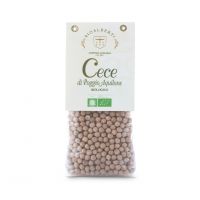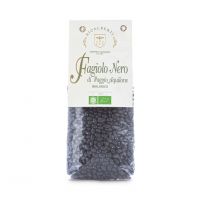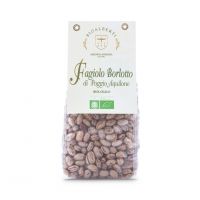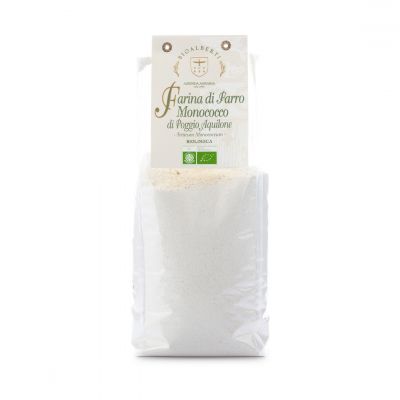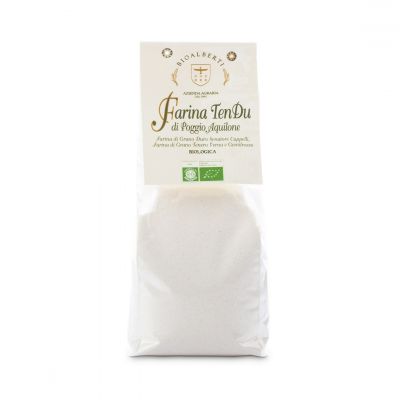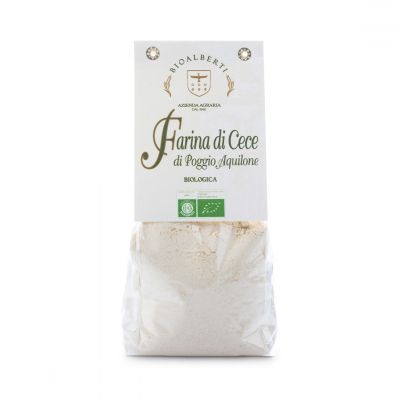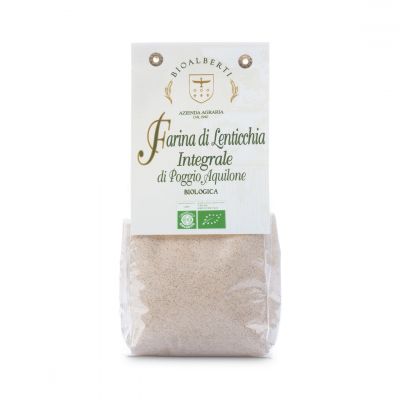
The product
Farina di orzo mondo bio
Mondo barley flour grown organically
Code:
96292
Country of origin:
Italy - Umbria
Weight:
500 g
Minimum order:
1 piece
| Description | Organic Mondo barley flour |
|---|---|
| Appearance | White flour |
| Taste | Delicate and lightly toasted, impalpable to the touch |
| Curiosity | Natural stone ground organic barley flour that fully preserves its nutritional characteristics |
| Our selection | BioAlberti is an agricultural company, entirely organic, immersed in the rolling Umbrian hills in the locality of Poggio Aquilone and extends over an area of 560 hectares between the province of Perugia and the province of Terni |
| Suggestions | Ideal for baking in addition to that of wheat or spelled; perfect for homemade pasta but also for making biscuits and pies |
| Ingredients | BARLEY flour organic world |
|---|---|
| Allergens in ingredients | Cereals containing gluten and thereof |
| Other allergens | Soybeans and products thereof |
| Weight | 500 g |
| Packaging | Packaged in a protective atmosphere bag |
| Storage Conditions (packaged products) | Keep in a cold and dry place |
| Country of origin of the primary ingredient | Italy |
| Nutrition Declaration | Energy: 1493 kJ / 357 kcal Fat: 1,9 g of which saturates: 0,4 g Carbohydrate: 79,3 g of which sugars: <0,1 g Protein: 10,6 g Salt: 0,01 g Typical value per 100 g |
The producer
BioAlberti - Poggio Aquilone (TR) - Umbria
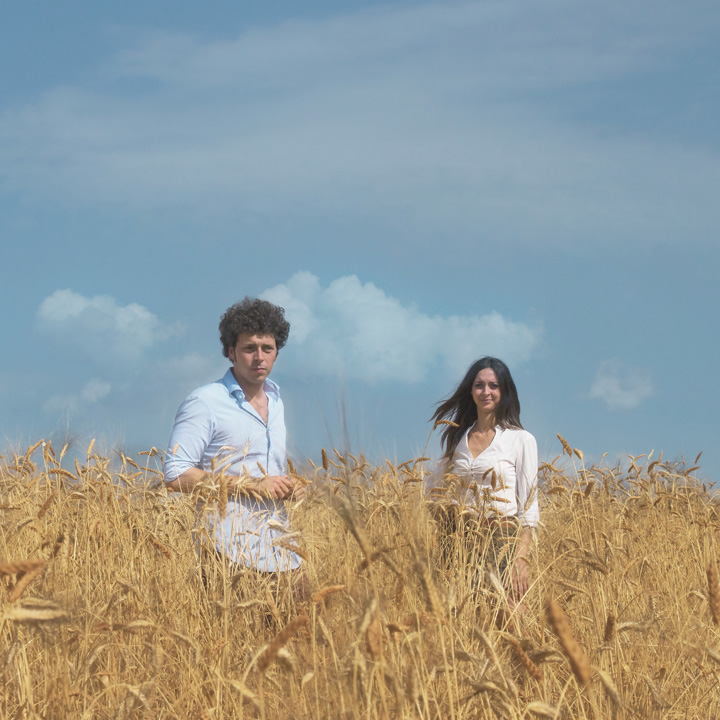
Why we chose them
We are in Umbria, in Poggio Aquilone, a very small village of 1200 between the province of Perugia and that of Terni: 560 hectares of woods,
meadows, pastures and arable fields. Today BioAlberti is a family business in the third generation: the goal of Paola and Guido Alberti, to which
Benedetta and Andrea have recently joined, is to enhance Umbrian traditions and recover local products, typical of central Italy, with great
attention
to the environment. In 1996 BioAlberti chose to embrace organic farming. More recently it has started a collaboration with the University of Perugia
for the recovery of ancient Umbrian grains and legumes, such as einkorn spelled, gradually abandoned over the years because it is not very
productive, and black chickpea. Every year the company experiments with new cultivation techniques: for example the synergistic one, associating
cereals and legumes in the same field, to increase the productivity and self-defense of plants without the use of chemical fertilizers and without
pesticides. Cereals, dried legumes, soups, but also flours, both from cereals and legumes, and an original chickpea pate: all organic products and
without additives or preservatives.
From the same producer

